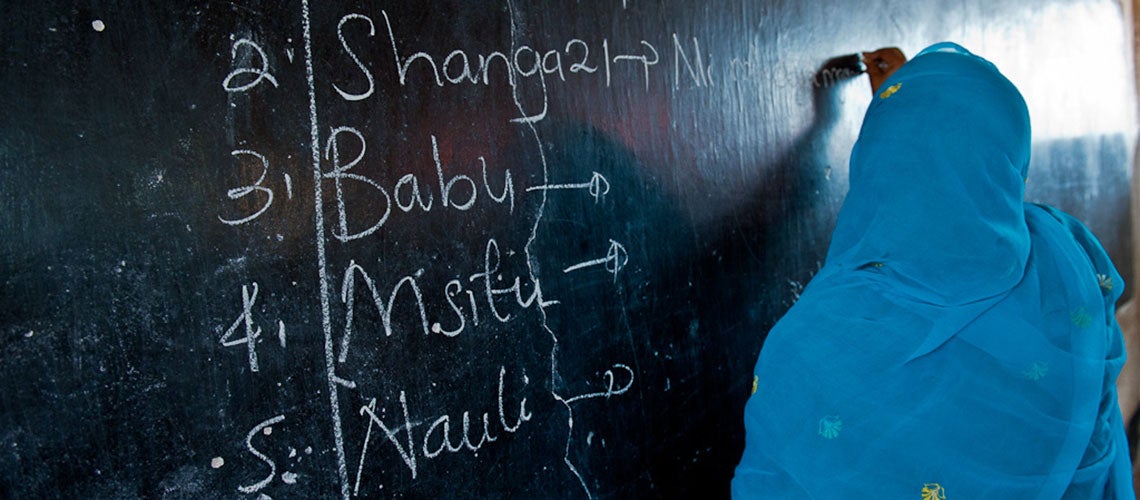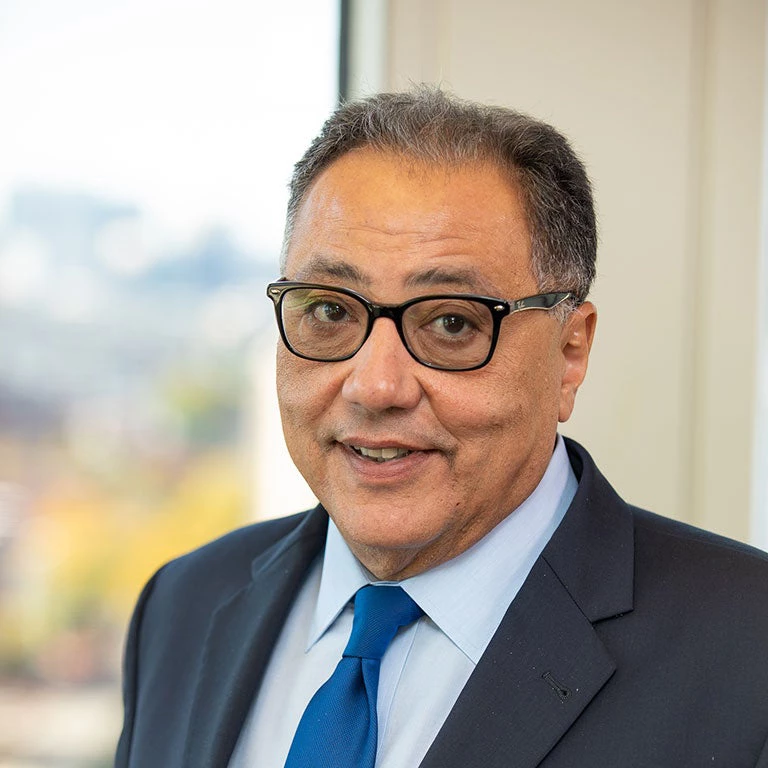 Blog4Dev 2020: Empowering Africa’s women and girls by ending child marriage
Blog4Dev 2020: Empowering Africa’s women and girls by ending child marriage
Sub-Saharan Africa has one of the highest rates of child marriage in the world. Nearly four in 10 girls marry each year before their 18th birthday, many of them becoming mothers at a young age. Child brides are much more likely to drop out of school, completing fewer years of education than those who marry later. They are also more likely to have children at a young age, adversely affecting their health, and the health and education of their children. Too many of our girls are losing their childhoods and their futures.
But child marriage isn’t just a moral issue for me. It not only hurts individual girls; it hurts communities and countries.
Child marriage will cost the region tens of billions of dollars in lost earnings and human capital wealth. It leads to high fertility rates and population growth that has outpaced economic growth for the last four years. And every year, it results in more than three million girls losing the chance to plan a productive future for themselves.
We know that keeping girls in school is one of the best ways to escape child marriage. The more years of secondary education completed, the more likely they are to marry after age 18, and the less likely they are to have children early. With a secondary education, on average, women are more likely to work and make twice as much than those with no education.
We also know that empowerment programs for adolescent girls, especially those that combine community-based clubs, life skills training and vocational training, have changed girls’ lives, creating healthy, educated, productive women. For example, in Uganda, a program for girls and young women increased the likelihood that they engaged in income-generating activities by 72%. The program also saw a significant drop in adolescent fertility, early marriage or cohabitation, and the share of girls reporting that they had sex against their will.
Men play an important role in the discussion of empowering women and girls. The Sahel Women’s Empowerment and Demographic Dividend Project supports the Husbands and Future Husbands Schools in seven countries in the Sahel, where men meet to discuss a variety of topics related to family planning and household life.
Girls and women are the future of Africa and we need everyone to contribute to empowering them, including Africa’s young people. That is why I’m thrilled that this year’s Blog4Dev competition invited young African citizens to share their ideas for how to end child marriage in their countries.
Bloggers were eager to weigh in on this important topic; we received 2,680 entries, which represents a 121% participation increase compared to last year, with winners from 38 countries.
We expected to welcome all of the winners in Washington, D.C. during the World Bank Group-International Monetary Fund Spring Meetings, but due to the coronavirus pandemic, we had to change our plans. We plan to invite them later this year, however in the meantime, the winners will connect with World Bank teams through a set of online activities.
On behalf of the World Bank’s Africa Region, I congratulate all of our Blog4Dev winners! They are our valuable partners and important voices in their respective countries, and I look forward to seeing their contributions in the months and years to come.
Please join me in congratulating #Blog4Dev’s 2020 winners:
| Angola | Luyana Canza Fernando |
| Benin | Chanceline Mevowanou |
| Botswana | Esther Modise |
| Burkina Faso | Samira Ouedraogo |
| Burundi | C. Anaïs Mwizero |
| Cameroon | Eliane Mbende |
| Chad | Louange Madiyam |
| Congo, Republic of | Exaucée Wonga |
| Cote d'Ivoire | Djeneba Siby |
| DR Congo | Pascal Cirhuza |
| Eswatini | Setsabile Shiba |
| Ethiopia | Robera Haile Hamda |
| Gabon | Orphee Ndomba |
| Ghana | Ellen Peprah |
| Guinea | Diariatou Diallo |
| Guinea Bissau | Lizidória Mendes |
| Kenya | A. Fauzia Idle |
| Lesotho | Mantsebeng S. Maepe |
| Liberia | Arthur Weedor |
| Madagascar | Mamitiana Naharifelantsoa |
| Malawi | C. Brian Kalimbuka |
| Mali | Issa Doumbia |
| Mauritania | Binta Gadio |
| Mozambique | Edmundo Simão |
| Namibia | Ndakondja Uusiku |
| Niger | B. Adamou Amadou |
| Nigeria | Ebuka Mathais Itumoh |
| Rwanda | Natasha Uwase |
| Senegal | Oumou Kalsoum Diallo |
| Sierra Leone | Samantha Oakes-Howson |
| Somalia | A. Bahja Mohamud |
| South Africa | Dimpho Lekgeu |
| South Sudan | Muon Matai Peter Manuoi |
| Tanzania | D. Davis Mazula |
| Togo | Assoumanou Nihade |
| Uganda | Sheilla Ayebare |
| Zambia | Chiyana Ndonji |
| Zimbabwe | Progress Munemo |


Join the Conversation